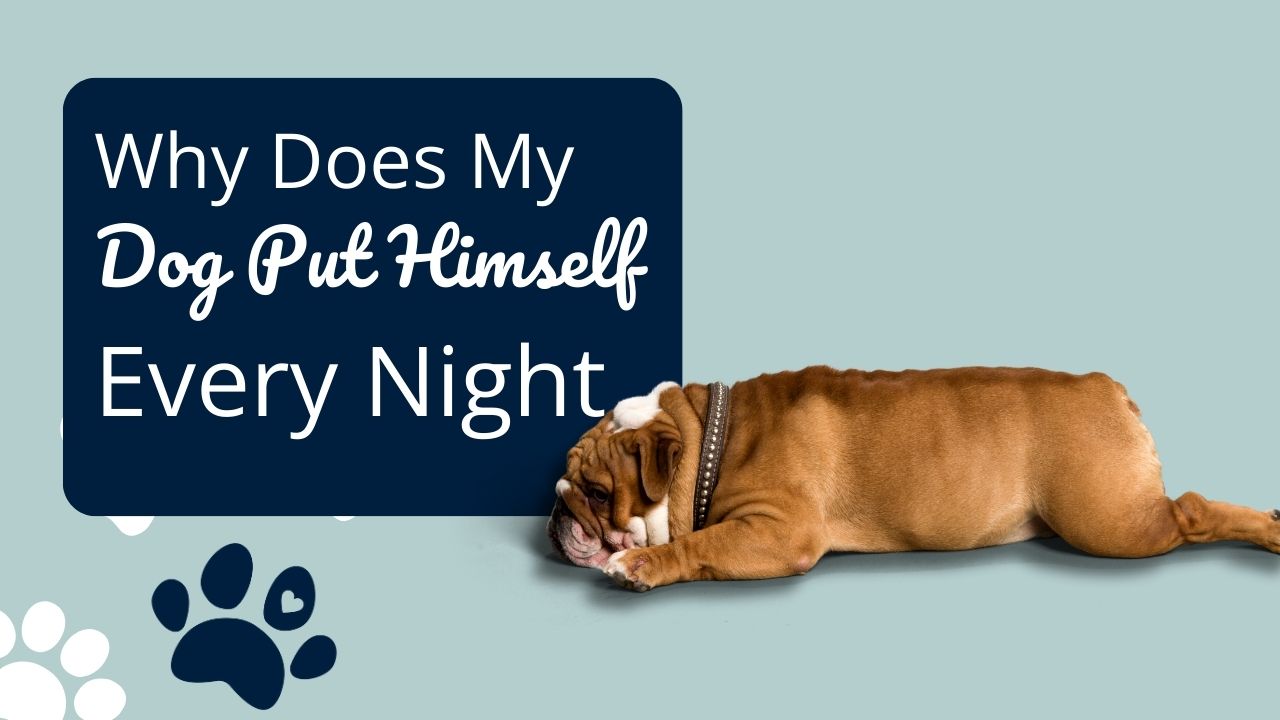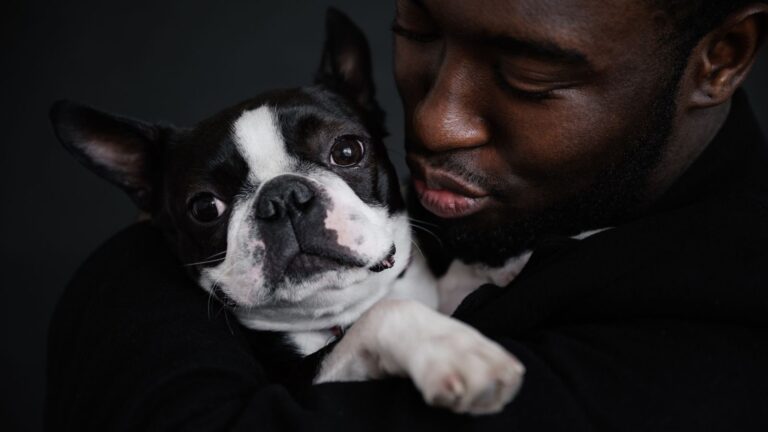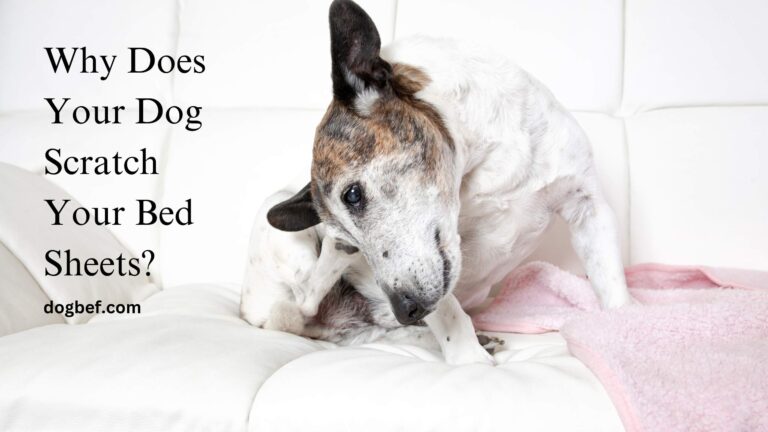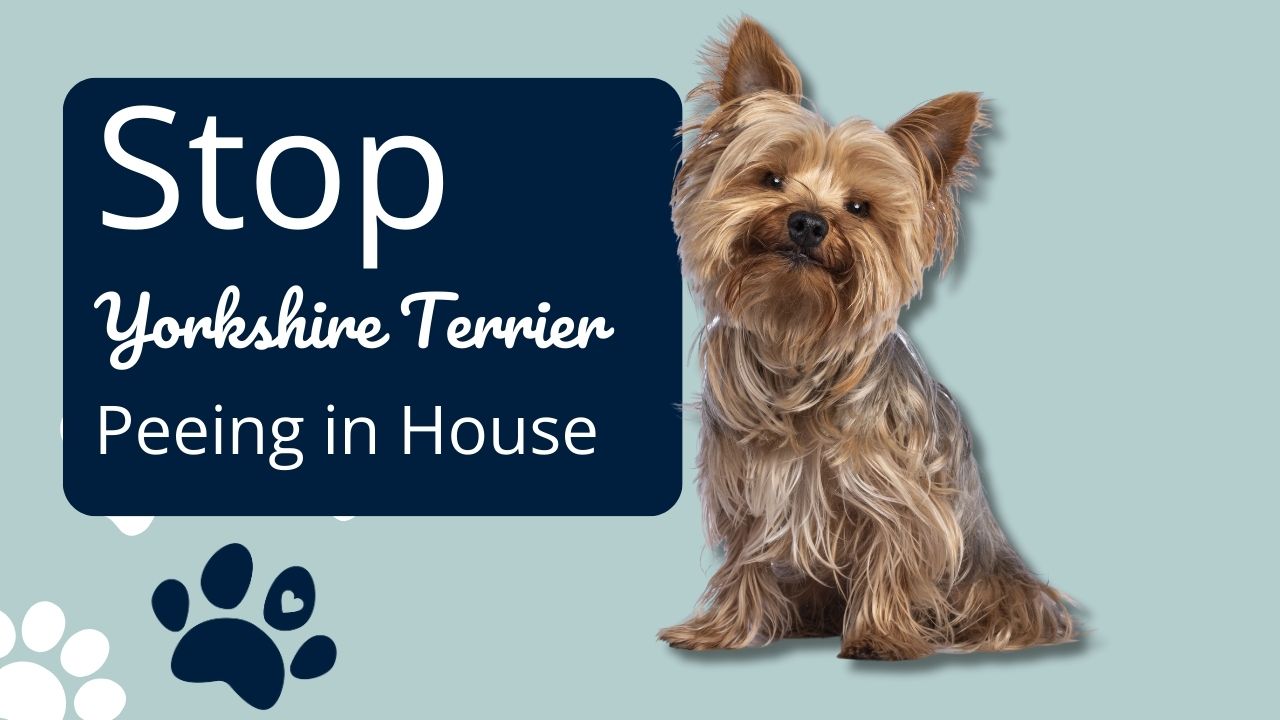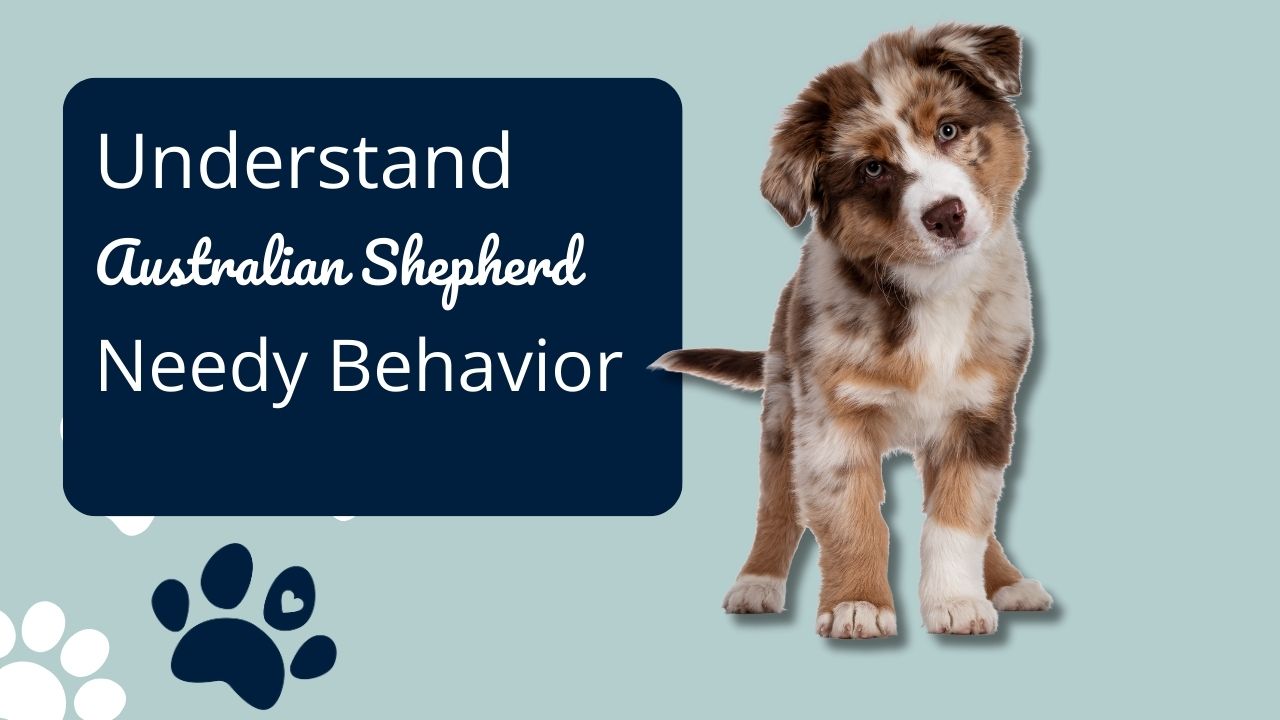If you’ve ever found yourself wondering “Why does my dog put himself to bed,” then you’re not alone. Many dog owners have observed this particular behavior and are puzzled over its meaning. Is it a display of independence? Is the dog simply telling you it’s his bedtime? Is there a deeper, hidden reason beneath this adorable action?
Quite often, people are amused to see their dogs retire to their designated spaces, whether that is a cozy dog bed, a conveniently placed kennel, or even a bed in the living room creating a picture of a domesticated furry creature understanding its sleep routine. However, this act of your dog putting himself to bed could be a result of a variety of reasons and extends far beyond their basic sleep needs. Here are some potential explanations:
Reasons Why Your Dog Put Himself to Bed?
It’s a common scene where your dog wanders off on their initiative and settles into bed without any prompting. This seemingly unusual behavior is perfectly natural. For starters, dogs have a basic physiological need for adequate rest. Highly trainable creatures as well, many dogs learn to recognize nighttime routines and preemptively go to bed. Sudden changes like choosing to sleep more could also indicate emerging age-related health concerns worth monitoring.
Opting to bow out of family activities prevents overstimulation so time alone in their bed enables emotional recharging. Lastly, circling and scratching before lying down satisfies ingrained nesting instincts and self-soothing rituals to ease their transition into a restful sleep. While owners may perceive going voluntarily as odd, dogs have plenty of normal motivations for putting themselves to bed.
Basic Need for Rest: Understanding Your Dog’s Energy Levels
First, your dog might just be tired. This sounds straightforward, but dogs, just like humans, need their rest and can sense when they need to catch some zzz’s. If your pup has had an active day, or is an old dog with less energy, they may choose to head off to sleep more frequently. They understand ‘go to bed’ to mean ‘have a rest’, and may also associate it with evening and the end of activity for the day. This is evident if it happens around the same time every night, hinting at a configured bedtime.
Trained Behavior: The Influence of Commands and Training
Second, if you’ve trained your dog to go to the kennel on cue, then this self-bedding could just be an ingrained response. It might be the case that your dog knows when he hears a certain command or sees certain actions from you, that it’s time for him to retreat to his space.
Health Concerns: Recognizing Sudden Changes in Behavior
Moreover, if this is a sudden behavioral change, there might be more serious reasons why your dog is consistently going to his bed. For instance, if he is unwell or in pain, he might prefer the relative safety and comfort of his bed. You might want to take your dog to the vet if you notice other symptoms like changes in appetite or unusual lethargy.
Emotional Well-being: Loss, Changes, and Coping Mechanisms
Experiencing loss can have a significant impact on dogs too. A dog in mourning may seclude itself more often and sleep as a coping mechanism. Changes in their environment can also affect their behavior. A newly moved dog bed or the introduction of a new pet or family member could have your dog feeling unsettled, even to the point where your dog resents the changes and retreats more often to his sleeping haven.
Dog’s Comfort Ritual: Nesting and Settling Down for Sleep
Remember how humans tuck themselves into bed as a way of unwinding and seeking comfort? Dogs do just the same, only their version might involve some pawing and circling kind of like how dogs bury things, to make their sleeping spots comfortable, before settling down.
9 Reasons Why Your Dog Sneaks Into Your Bed
Addressing Concerns and Seeking Professional Guidance
While fluctuations in your dog’s sleep schedule can be perfectly normal, significant changes may indicate health problems warranting a vet visit. Weight shifts, temperature regulation issues, undiagnosed pain, or anxiety could all disrupt sleep. Compare recent patterns to baseline behavior – sudden lethargy, restless pacing, or irritated outbursts around bedtime are red flags.
If you suspect your dog is sleeping more due to boredom or insufficient stimulation, adjust their activity level. However, rule out medical causes first, as excessive sleepiness may signal illness in dogs. Your vet can best determine if changes reflect normal aging factors or more serious conditions needing treatment. Trust your instincts and seek professional advice if worried.
Conclusion
As we’ve discussed, there are many potential reasons why your furry friends may choose to tuck themselves into bed every night without being told. Establishing a consistent bedtime routine can provide dogs with a sense of normalcy and comfort. Some breeds like Greyhounds are especially prone to sleep and self-initiate snoozing.
Changes in your pup’s sleeping habits could also indicate underlying medical issues worth taking them to the vet for, especially with older dogs who may have arthritis or other age-related troubles. But in most cases, a dog putting themselves to bed just means they know when it’s time to sleep and want to rest in their safe, cozy space. Their den-like beds let pups like Shepherds and Great Danes feel protected while they doze.
So next time your pooch heads off to their blanket or bed in the living room without you, don’t be alarmed! Respect their autonomy and let them get their canine beauty rest. Healthy adult dogs simply like sleeping next to their human partners at night. As long as your furry companion seems happy and isn’t barking or growling when they go to sleep, it’s perfectly natural dog behavior. Enjoy the snuggles and make sure you don’t accidentally shut them in another room when you leave the bed!
FAQs
Why does my dog resent other dogs?
Dogs can sometimes feel territorial or anxious around new dogs. This may cause them to react negatively or “resent” other dogs. Proper socialization and positive reinforcement training can help dogs become more comfortable and tolerant.
Why do dogs bury things?
The instinct to bury and cache food or possessions is innate in dogs. In the wild, this behavior helped preserve extra food and hide valuable items. Though not necessary for pets, this instinct persists.
How can I help my dog cope with stress?
Establishing routines, providing safe spaces like a bed, exercise and play, massage, and training anxious dogs coping skills can all help manage stress. Consult a vet or trainer for personalized recommendations.
Do dogs mourn the death of a loved one?
Yes, dogs form strong social bonds and will likely react to the loss of a human or animal companion by withdrawing, vocalizing distress, changes in appetite, or seeking more attention. Give mourning dogs extra comfort and patience.
Why does my dog go to bed so early?
Natural sleep cycles, habits, aging factors, boredom, and changes in daylight can all prompt dogs to head to bed early. See our detailed blog post to understand common reasons for early self-directed bedtimes. Consult your vet if accompanied by other concerning symptoms.
Why does my dog prefer his own bed?
Dogs often prefer sleeping in their own beds because it’s a comfortable, safe space they have bonded with. The familiar smells and feel of their bed can be soothing. Dogs also appreciate having an area that belongs to them.
Why is my dog obsessed with her bed?
Some dogs are very attached to their beds and treat them like security blankets. The bed likely holds your dog’s scent and provides comfort. An obsessive attachment could also indicate anxiety when separated from the bed. Making sure your dog feels secure may help.
Why do dogs sleep in their owner’s bed?
Dogs often enjoy sleeping in their owner’s beds because it allows them to be close to their human pack. Your scent and presence can be very comforting. However, be wary of allowing dogs on beds if they display aggressive guarding behaviors.
Why does my dog keep moving around his bed?
Frequent repositioning could mean his bed is uncomfortable. Joint pain, anxiety, or difficulty getting comfortable to sleep may also cause a dog to shift often. Trying a new bed or consulting a vet could provide relief.
Why does my dog take herself off to bed?
Going to bed on her own shows your dog has a healthy routine. She may go to her bed area when tired or ready to sleep. A dog putting herself to bed demonstrates confidence and independence. It means she sees her bed as a safe, comforting space.

